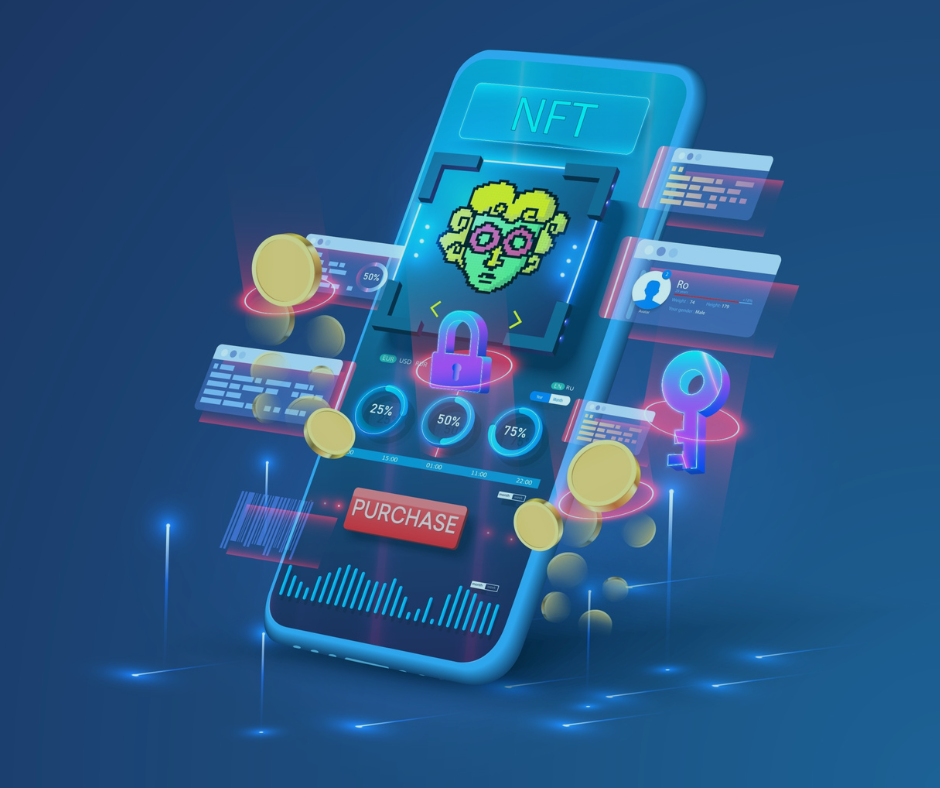As human beings, our nature is to get involved with others. We confide in people, enjoy their company, and work together towards mutual goals; in simple words, we socialize! Communication is vital to go on through life, as we need to feel that we’re part of something bigger. It doesn’t only banish loneliness but helps increase cognitive skills, well-being, and happiness.
And as everything is becoming digital nowadays, communication is no different. Social media is bringing people together; virtually. Communication platforms spread through the web and in application stores, connecting people even if they’re a thousand miles apart. But everything has a black side that becomes darker with time.
Social media platforms, at their dawn, made a massive step in advancing how we live and communicate. But with their widespread, time started to unleash hidden problems and flaws. Many users now brag about misinformation, censorship, privacy, user control, and malicious activity. Covid19 was yet another proof of how information can be misleading and of how hard it is for people to verify the authenticity of news they’d watch.
So, as we always move forward, the echo of perfection within us makes us wonder, isn’t it time to update our social media platforms? Could decentralization be the future of communication as well, seeing how it has already disrupted the present of financial applications?
- Centralization: Failing social media
- Introducing decentralization
- A peek at blockchain
- Decentralized social media
- Traditional vs decentralized networks
- Summary
Centralization: Failing social media
Nowadays, our virtual trips depart from a WhatsApp chat, passing by a Facebook or LinkedIn post, to end with a tweet or a story. Social platforms occupy most of our time, putting us in a perfect position to review their ups and downs. Although they simplify connections, most social media apps are centralized networks.
It’s correct that we chat or post whatever we want whenever we wish, but sometimes we get banned only by surpassing some rules. You can build a life, develop a business, grow an audience on your account, and then watch it fall to the ground as your account gets locked. We all have heard of cases where people find themselves blocked from their social profiles for technical issues or censorship issues – basically because of sharing something that goes against the terms of the platform.
So do we genuinely own our profiles, accounts, or data? The answer is that we don’t!
All platforms are run by a single entity, host, or authority controlling the whole network, deciding of the fate of data, and limiting us. We create content so that a handful of centralized gatekeepers own it rather than making it an open utility that the public can access. They monetize this data and earn monopoly profits for the content they never even created; meanwhile, you can see the real creators under-engaged and under-paid. But we are stuck in a cycle: Users need those apps because there’s a monopoly on the content, and creators will continue handing companies their content, thus empowering them at the expense of creators and society. And although many apps serve similar functions, users can’t send a message, for example, from Discord to Telegram, WhatsApp, or Signal. Even if we combined all content into a single global pool, someone would be in charge; and we’re back to the same centralized issue.
The solution? A global public pool of content that no single entity controls!
Introducing decentralization
Imagine having an online forum where nobody could gatekeep you, block you, or block content from you— a forum owned by the community of users and strengthened by their engagement. Such a platform would apply the concept of decentralization.
The broad concept of the Internet is, in fact, decentralization. It interconnects machines, computers, and mobiles, makes them understand each other, and grants them access to several websites and apps. It has open, interoperable protocols and standards that allow these different devices to request services and connect to servers from any browser they want. Take mail servers as an example. You can send an email from a Gmail account to an outlook one or another, isn’t it?
A peek at blockchain
We say decentralization, and we directly link it to the blockchain industry. It is, in fact, the core principle behind blockchain and the real reason for its success.
As its name implies, the blockchain is a chain of blocks living as a shared public ledger. Participants can send messages that can then get relayed across the network’s nodes. Every record has a timestamp and a hash. If someone tries to modify a transaction, the hash changes, and it is trivial to see that someone maliciously modified the chain of hashes, thereby assuring the integrity of records.
That’s a powerful way of storing and accessing data compared to databases and traditional platforms. And the crucial aspect is that no one, but the users, controls the network. Blockchain ends reliance on third parties and intermediaries and heals networks from the plague of centralization. It left its mark on finance and continues to revolutionize different sectors and businesses.
So why not also disrupt social media platforms?
Decentralized social media
Crypto, NFTs, and the Metaverse are all we hear of nowadays. But the next big thing could be decentralizing social media!
Scaling ‘DeFi’ or ‘decentralized finance’ is a research material and a goal for many. And although social media platforms are promising and constitute a larger category, investments in building blockchains that can scale to their traffic are rare. But similar to how Bitcoin and Ethereum decentralized finance, social media problems can be solved by decentralization.
As users, we would prefer publishing content on a public blockchain where all nodes can instantly view them rather than on a closed network owned by a single authority. Anyone running a node can contribute data back to the pool of profiles, follows, or posts stored on the blockchain, making all network nodes more powerful and engaging to other users.
So decentralized social media platforms can live on public blockchains, where anyone can run a node, access the infrastructure, take charge of their feeds, and even build their apps. There would also be no possibility of users losing access to their data or APIs as all the data is publicly available on the blockchain, and they have it all once they run a node.
Traditional vs decentralized networks
Decentralized social networks constitute several interconnected servers used for social networking like web publishing, blogging, or communication. They have an open and interoperable nature where a separate network can interact with other networks, and you can easily integrate one project with another.
On traditional social media platforms, there is no cross-platform alignment. Twitter, for example, allows users to send messages to Twitter users but not to Facebook accounts; meanwhile, decentralized networks in the social industry allow users to engage across multiple platforms. There are already many projects as alternatives to traditional apps. Diaspora instead of Facebook, Mastodon instead of Twitter, Matrix as an alternative to Slack or Discord, etc.
A wrap
In a nutshell, no one can ignore the fact that blockchain, decentralization, and Web3 are the talk of the town. Our world’s rule is obvious: We get left behind if we don’t keep moving. And as everyone is moving towards this technology, where crypto has become the new finance and blockchain is the building block of many business use cases, platforms we use for communication must also be upgraded to fit our needs. We should consider moving to decentralized social media platforms to end the era of centralized gatekeepers and gain back our equity and privacy goals when it comes to building social profiles online.

We hope that this article was insightful for you and are looking forward to any feedback and messages. Please share your thoughts in the comments section below!
Disclaimer
This website may contain information about financial firms, employees of such firms, and/or their products and services such as real estate, stocks, bonds, and other types of investments. While this website may intend - as the author deem necessary - to provide information on financial matters and investments, such information or references should not be construed or interpreted as investment advice or viewed as an endorsement.



